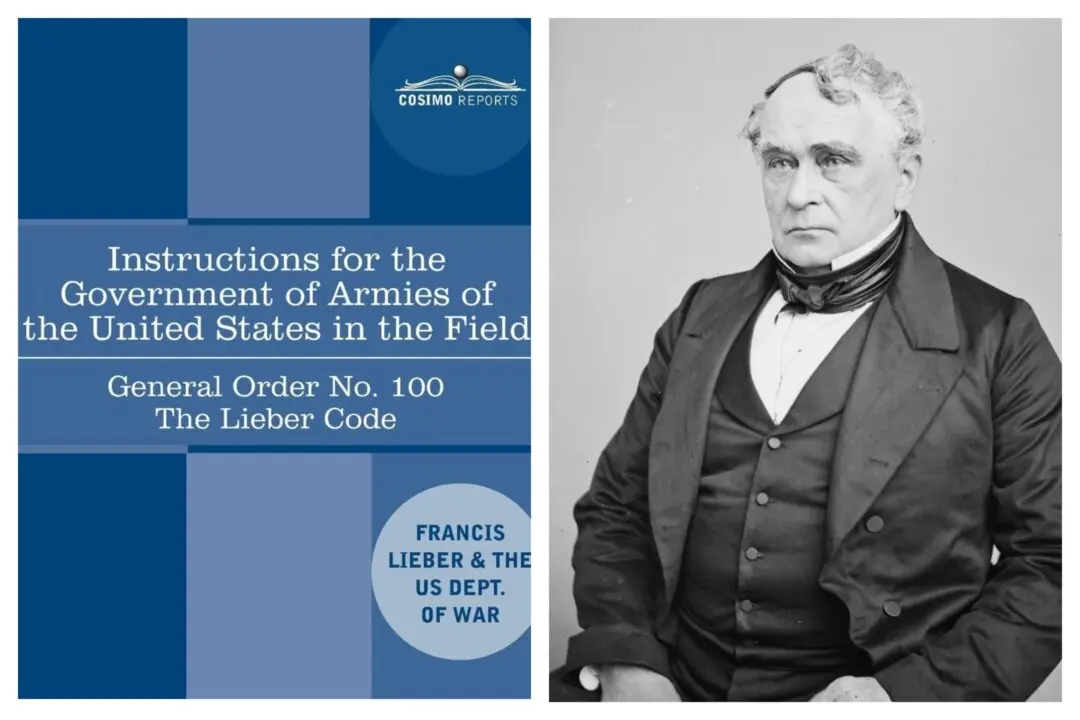Judge Mark Boonstra has been on the cutting edge in witnessing the social and moral decline of America. After practicing private law for nearly three decades, he has sat on Michigan’s 3rd District Court of Appeals for the past decade.
His adherence to the letter of the law and his disdain for judicial activism has drawn the ire of the left. His appreciation for textualism, commonly referred to as constitutional originalism, has led him to place his needle within the social fabric of American society in hopes of sewing back some of its tears.





